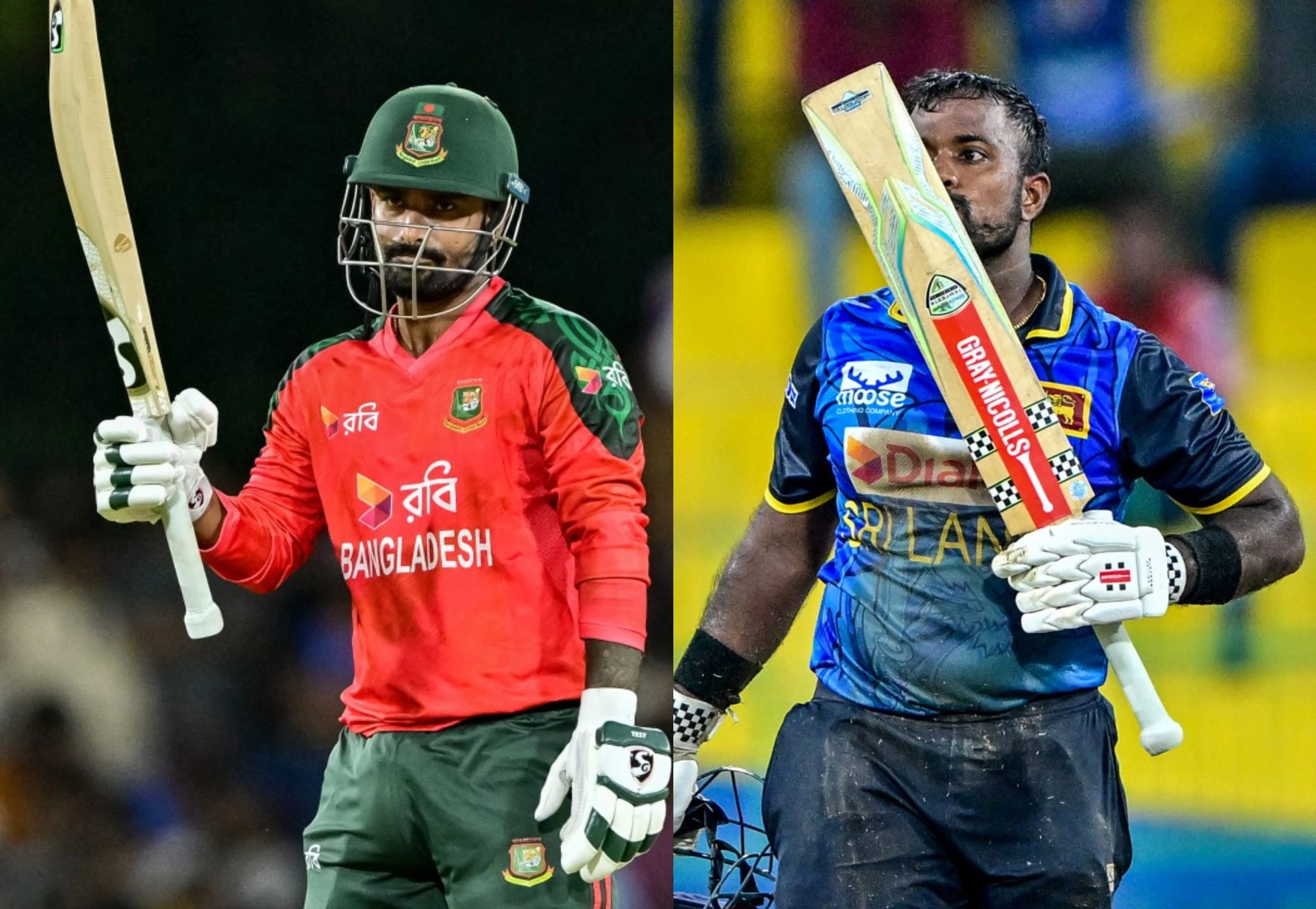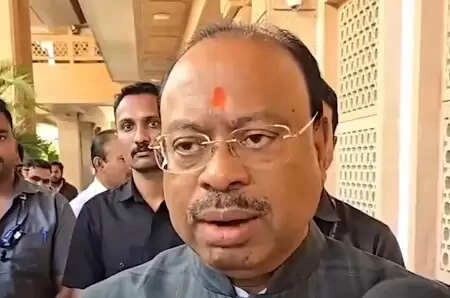In a notable departure from traditional diplomatic protocols, the captains of India and Pakistan recently concluded a joint press conference without the customary handshake or hug that often symbolizes unity and camaraderie in sports. This decision was not merely a reflection of personal choices but rather a manifestation of the complex geopolitical relationship between the two nations. The press conference, held in a tense atmosphere charged with historical rivalries and recent tensions, highlighted the challenges that transcend the sporting arena, shedding light on the broader context of Indo-Pak relations.
The captains, representing their respective countries in a high-stakes cricket tournament, were expected to project a sense of sportsmanship and goodwill. However, the absence of physical gestures such as handshakes or hugs served as a stark reminder of the underlying animosities that continue to affect interactions between India and Pakistan. Both nations have a long history of conflict and rivalry, making even the most innocuous gestures laden with political significance. By opting to forgo these traditional signs of respect and unity, the captains inadvertently underscored the prevailing tensions and the challenges of fostering goodwill in such a fraught environment.
While the sporting event was anticipated to bring nations together through the shared love of cricket, the captains’ decision to maintain distance during the press conference illustrated the complexities of diplomacy in contemporary sports. Fans and analysts alike observed the interaction closely, recognizing that a handshake or hug could have served as a powerful symbol of hope and reconciliation. Instead, the absence of such gestures left many wondering about the future of the relationship between the two countries, both on and off the field. It was a poignant reminder that while sports can unite, they are also deeply intertwined with the socio-political dynamics of the nations they represent.
In the aftermath of the press conference, discussions erupted across social media platforms and news outlets, with many weighing in on the implications of such a gesture—or lack thereof. Some argued that the decision to forgo a handshake was a necessary acknowledgment of the realities facing both countries, while others expressed disappointment at the missed opportunity for a moment of unity. As cricket continues to serve as a battleground for national pride, the actions of the captains at this press conference may resonate far beyond the cricket pitch, influencing public sentiment and diplomatic discourse in the region. Ultimately, the incident reflects the intricate interplay between sports, politics, and national identity, reminding us that even in moments of competition, the shadows of history loom large.




